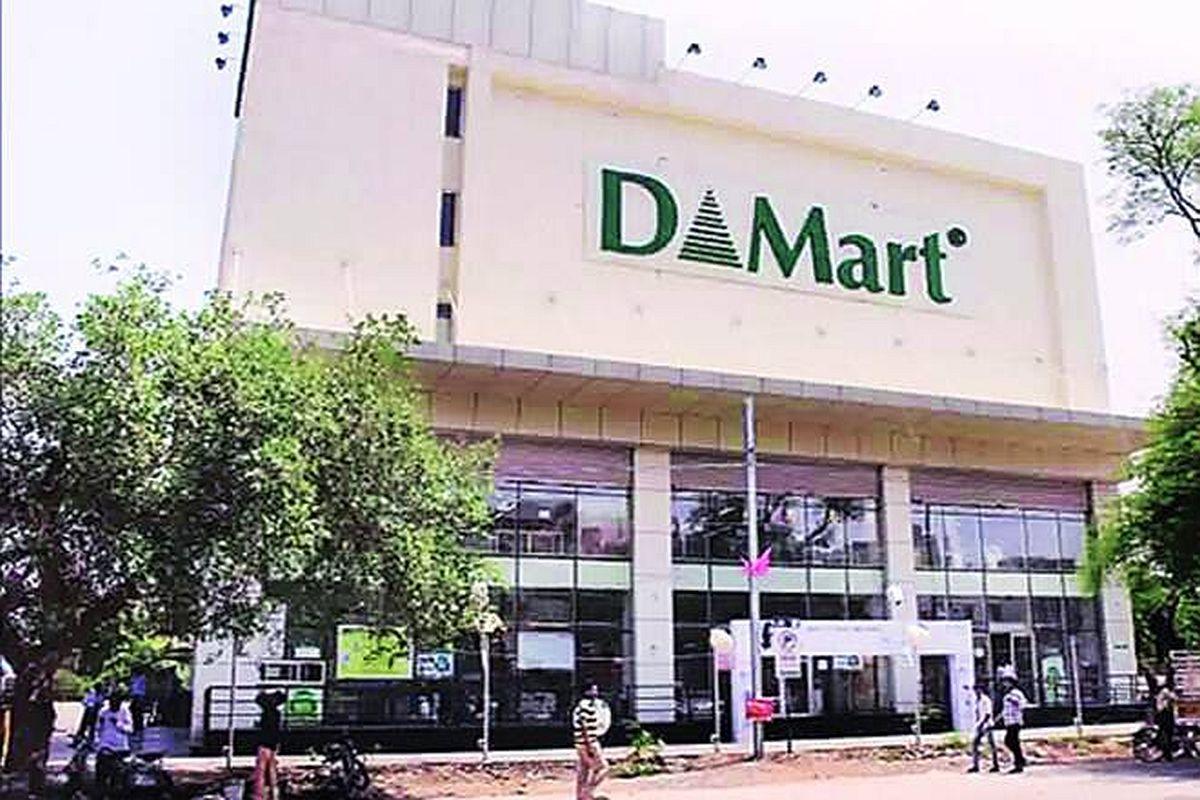Weak sales growth weighs on Avenue Supermarts, operational parameters weak
The stock of the retail chain Avenue Supermarts (Dmart) was the biggest loser in the BSE 100 Index shedding 4.35 per cent on Thursday and added to these losses on Monday by falling an additional 1.3 per cent.
Photograph: Courtesy, Kajaria Ceramics
The Street was reacting to lower than expected operational performance by the company in the March quarter.
The country’s largest listed retailer by market capitalisation reported a 20 per cent year-on-year (y-o-y) growth in its top line to Rs 10,337 crore.
Kotak Institutional Equities has pegged the same store sales growth (SSSG) in Q4FY23 at 2 per cent.
Garima Mishra and Shubhangi Nigam of the brokerage highlight that the company’s SSSG profile in FY2023 has been underwhelming, particularly in view of high food and home and personal care inflation.
Larger new stores have also led to lower SSSG.
The March quarter witnessed an increase of 18 stores with the total number of stores at the end of FY23 rising to 324.
This is up 50 per cent over the last three years.
Most of the operational parametres such as revenue per square feet and profitability have been weak and are trending below the pre-Covid levels for some time now.
Revenue per square feet estimated for FY23 at about Rs 32,000 continues to trend much lower than the peak of Rs 36,000 in FY19 and is also lower than the pre-Covid level (FY20) of Rs 32,879.
Citi Research points out that average revenue per store came in at just 2.3 per cent over the last three years while average revenue per square feet too, was disappointing, falling by 3 per cent over the same period.
Brokerages expect the like-to-like growth in the quarter to be in single digits.
The other factor the Street will track is the product mix, especially the proportion of higher margin general merchandise in the overall sales.
Adverse mix and operating deleverage in the quarter is expected to lead to slower growth in profits as compared to topline, say analysts at JM Financial Research.
The brokerage expects operating profit margins to slip by 61 basis points to 8 per cent.
The company’s gross margins had dipped below the 15 per cent level in FY21 and FY22 due to higher food mix and falling share of general merchandise which fetch a much higher 20 per cent margins.
While the share of general merchandise/apparel rose by 140 basis points during the first half of FY23, the December quarter saw higher growth in food and fast moving consumer goods segment given peak inflation period and some postponement of purchases by consumers in general merchandise/apparel, point out analysts at Prabhudas Lilladher Research.
The brokerage, however, believes that the deterioration in sales mix is temporary.
Increased focus in apparel and footwear which has seen a 25-30 per cent increase in shelf space will go a long way in improving its sales mix, growth and profitability, it adds.
The progress on the company’s online format D’Mart Ready would be another key factor to track.
While the company has increased its presence to 22 cities, reduced the delivery time and delivery charges, how quickly it is able to make profits at the operating profit level (FY25 estimated) would be important for the overall valuations.
While the stock has shed 14 per cent from the start of the year on account of multiple headwinds (weak product mix, slow recovery post Covid and higher online competition), most brokerages continue to be either bearish or neutral on the stock.
Citi Research has a ‘sell’ call and remains cautious at current valuations given risk around margin and earnings.
Motilal Oswal Research has a ‘neutral’ view, while Kotak Research has a ‘sell’ call on the stock.
For all the latest business News Click Here

